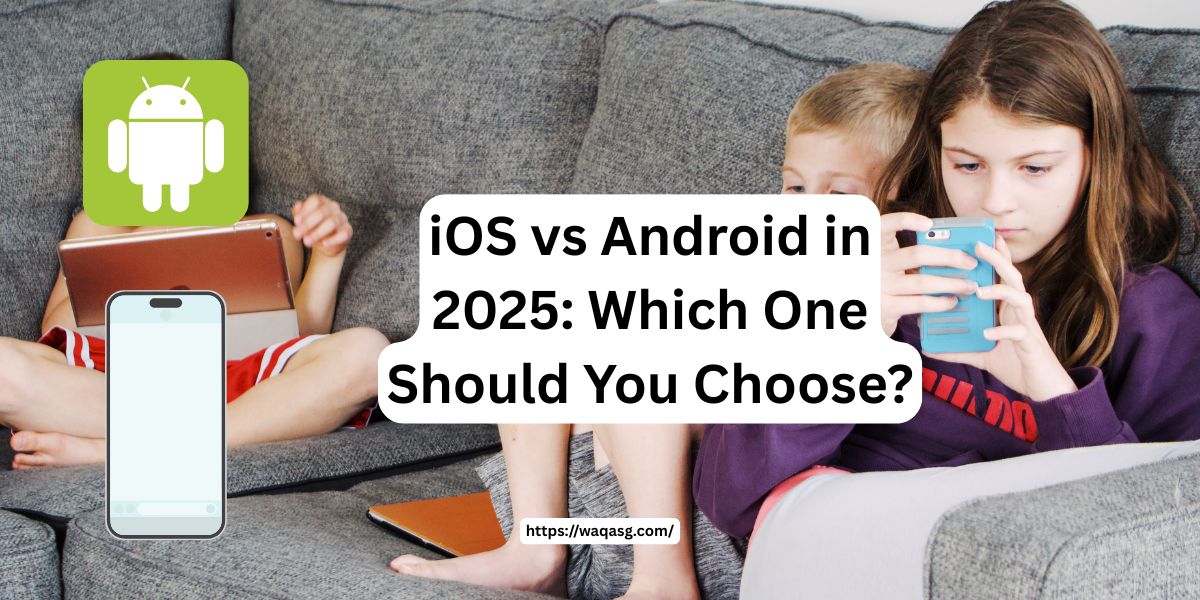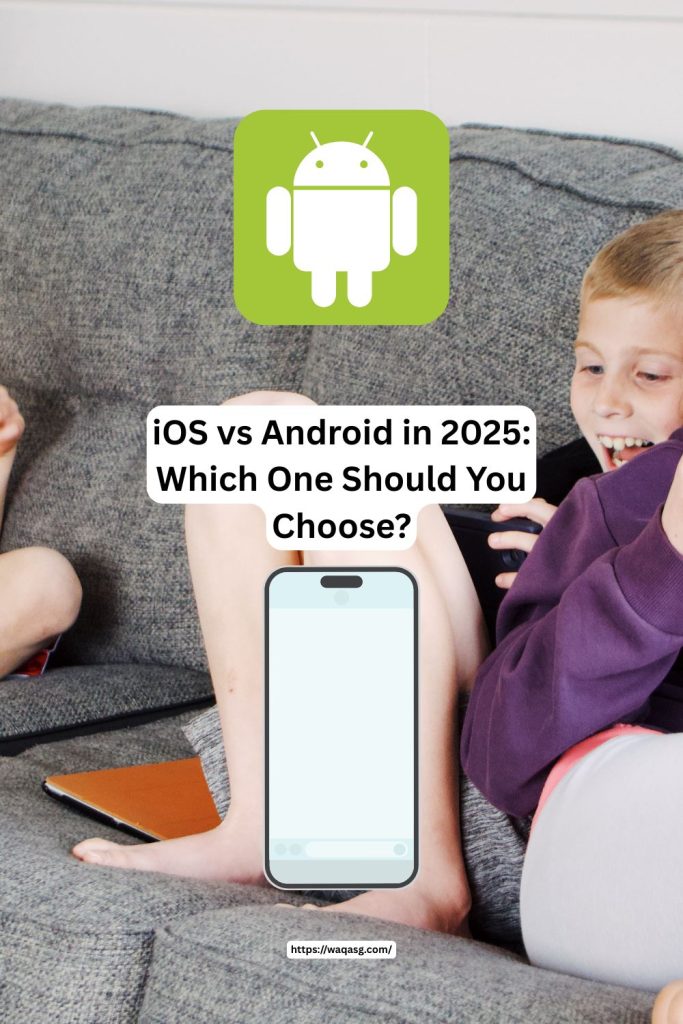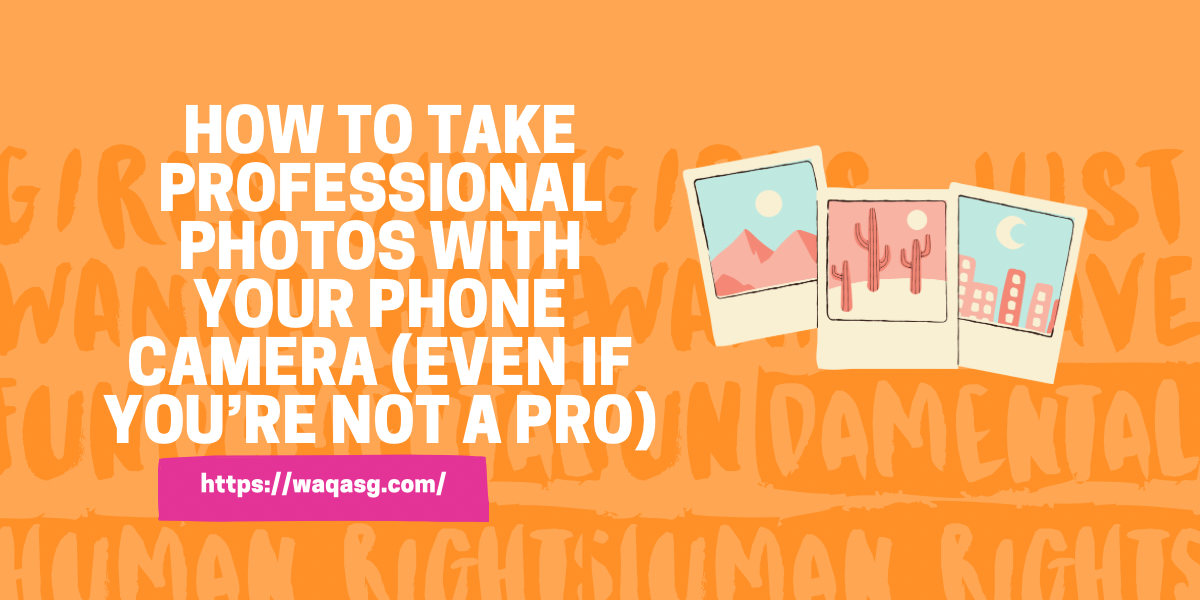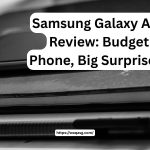
iOS vs Android in 2025: Which One Should You Choose?
It’s a debate that never really dies—iOS or Android? And in 2025, the choice is more nuanced than ever. Both platforms have come a long way, packed with smart features, sleek designs, and powerful performance. But whether you’re picking your next phone or just wondering what you might be missing on “the other side,” it’s worth breaking things down.
I’ve spent plenty of time with both operating systems—and trust me, they each have their strengths (and a few annoying quirks). So, instead of declaring a winner, let’s get into what really matters: Which one is right for YOU in 2025?
Customization & UI Experience
Android:
If you love personalizing your phone, Android still wears the crown. In 2025, Android (especially versions by Samsung, OnePlus, and Google) lets you tweak almost everything—home screens, icons, widgets, animations, and even how notifications behave. You can switch launchers, automate tasks with routines, and choose from a massive variety of themes and widgets.
It feels like your phone truly reflects you. Whether that’s minimalist, functional, or totally extra—Android doesn’t judge.
iOS:
Apple’s taken big steps in customization—especially since iOS 16 and beyond. Now, in iOS 18, you can change app icons, create widgets, use lock screen filters, and even set Focus Modes based on your location or activity. But still, it’s Apple. The customization feels… curated. Clean, controlled, and still kind of boxed in.
If you want freedom, Android wins.
If you want simplicity with some personalization, iOS is a great balance.
App Ecosystem & Updates
iOS:
This is where Apple shines. The App Store still feels like the premium experience—apps are often better optimized, come out earlier, and just feel more polished. If you’re into creative tools, productivity apps, or games, chances are they run smoother on iOS.
Plus, let’s talk about software updates. iPhones from 5+ years ago are still getting major iOS updates in 2025. That kind of long-term support is hard to beat. You get new features, security patches, and bug fixes at the same time as everyone else—no delays, no middlemen.
Android:
The Play Store has caught up big time. Most popular apps are now just as good on Android, and in some cases, even better—especially Google’s own suite, which feels more “at home” on Android devices. And let’s not forget: Android allows third-party app stores and sideloading, so you have way more freedom.
But updates? Still a mixed bag. Google’s Pixel phones and a few others (like Samsung’s flagships) are now offering 4–7 years of updates, which is great. But if you’re using a cheaper or lesser-known Android brand, updates might be slow or nonexistent.
Performance & Ecosystem Integration
iOS (Apple):
When it comes to smooth, reliable performance, iPhones still lead the pack—thanks to Apple’s tight control over hardware and software. The A-series chips are insanely fast, and everything from swiping between apps to editing 4K video just works without a hiccup.
But what really hooks people into iOS is the Apple ecosystem. If you use a MacBook, iPad, Apple Watch, or AirPods, it’s like magic. You can copy something on your iPhone and paste it on your Mac. Answer calls on your iPad. Unlock your phone with your Apple Watch. Everything just… talks to each other effortlessly.
Android (Google & Partners):
Flagship Android phones in 2025 are no slouch. Devices powered by Snapdragon 8 Gen 3, Google’s Tensor G4, and Samsung’s Exynos 2500 run fast, smooth, and handle gaming, multitasking, and even AI features with ease.
The ecosystem, though? It depends. Google is building its own ecosystem (Pixel phones, Pixel Watch, Pixel Tablet, etc.) and it’s starting to feel more cohesive. Samsung also does a great job if you stick with their products. But across brands, Android’s ecosystem isn’t as “tight”—there’s more variety, but also more inconsistency.
So:
• iOS = seamless experience if you’re already in Apple’s world.
• Android = flexibility and options if you like mixing brands or using Google services.
Privacy & Security
iOS:
Apple has built its brand around privacy, and in 2025, that messaging is stronger than ever. iPhones now come with App Tracking Transparency, on-device AI processing, end-to-end encryption, and regular security updates. Apple doesn’t rely on ad-based revenue like Google, so they’ve positioned themselves as the “we-don’t-sell-your-data” company.
Plus, everything from Face ID to password autofill to two-factor authentication feels rock solid and simple to use. For everyday users who don’t want to think too much about security—Apple does most of the work for you.

Android:
Google has made huge strides, especially in the last few Android versions. There’s more transparency around permissions, you can revoke camera/mic access in one tap, and Android now includes Private Compute Core for local AI processing. Security updates are also faster—especially on Pixel and Samsung devices.
That said, because Android is open and used by so many manufacturers, the experience can vary. Some budget phones may skip updates or carry more bloatware, which can be a security risk if not managed carefully.
So, if you want a “set it and forget it” approach to privacy—iOS wins.
But if you want more control and transparency (and are willing to tweak settings)—Android holds its own.
Price & Value for Money
Android:
No contest here—Android owns the value game. Whether you’ve got $150 or $1,500 to spend, there’s an Android phone for you. From solid budget options like the Galaxy A series or Xiaomi’s Redmi line, to powerful flagships like the Pixel 8 Pro or Galaxy S25 Ultra, Android gives you options.
And honestly, many mid-range Android phones now offer 80–90% of flagship features for half the price. That’s huge for everyday users who don’t want to blow their savings on a phone.
iOS:
With Apple, it’s premium pricing across the board. Even the “budget” iPhone SE is more expensive than most mid-range Androids—and comes with compromises (like an outdated design). iPhones do hold their value longer and get updates for years, which helps justify the price—but the upfront cost is still steep.
If you want the best deal for your money and don’t mind a bit of research, Android wins hands-down.
If you’re in the Apple ecosystem and want a phone that lasts long-term with resale value, iPhone might be worth the investment.
Verdict: iOS or Android in 2025?
So… which one should you choose?
• If you want simplicity, long-term updates, tight security, and a seamless experience with other Apple devices—go with iOS.
• If you value customization, variety, better deals, and more freedom to make your phone your own—Android is the better choice.
There’s no “right” answer. It all comes down to your priorities. But in 2025, both platforms are better than ever—and whichever you pick, you’re getting a seriously good smartphone experience.




No comment yet, add your voice below!